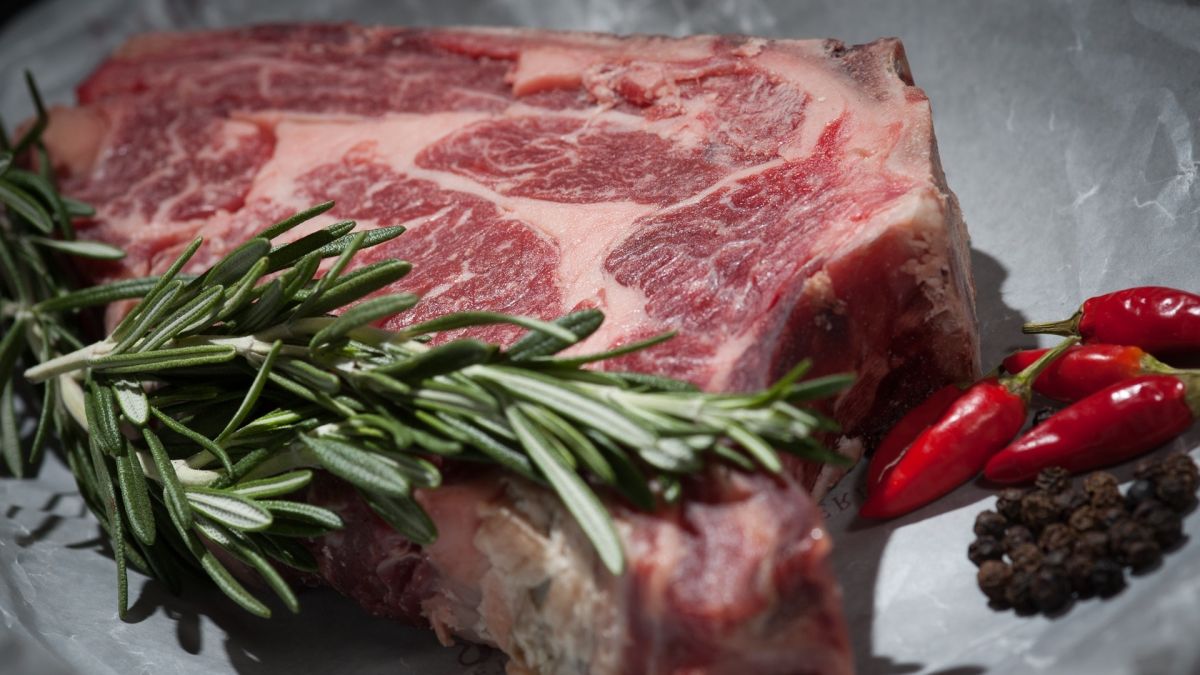The decrease in productive activity in the meat sector is a growing concern for those who are involved in this important productive sector. A little over a month before the winter holidays begin, there are not a few voices that speak of a “meat recession”.
One of the examples of concern about the scenario that looms large in this sector, it is represented by Good Ranchers, an online meat delivery firm that alerted consumers to the potential meat recession.
“Supply is about to be tight”, the company said on its social media profiles, through comic-style graphics, as the livestock industry continues to be negatively impacted by weather events.
“Our total meat supply for next year has been significantly reduced. This is one of the main reasons why a meat recession is coming,” the company said on Instagram.
Meanwhile, Walter Kunisch, a commodity strategist at Hilltop Securities, told FOX Business that beef cattle supplies in the country will continue to contract during 2023, further driving up beef prices for consumers “well into the first half of 2024”.
Because of the foregoing, the executive added that the prolonged drought in the southwest of the country explains the reason for the increase in the selective slaughter of beef cattle, a fact that structurally affects meat supplies.
The United States Department of Agriculture (USDA), in a report announced that the amount of cattle prepared to be slaughtered in September fell 4% across the country compared to previous years. Even in areas, like Kansas, it represented percent.
The issue of drought in livestock areas has considerably affected the industry. This situation has been a constant since 2021 for cattle producers in states such as Kansas, Nebraska, Oklahoma and Texas.
According to Sustainable Consumption of the Earth (SEE) The United States is the country that consumes the most meat in the world. The SEE indicated in a recent report that Americans eat at the individual level per year 274 lbs.
Therefore, this explains the because the producers and those involved in the business are concerned about the eventual decrease in the productive activity of the meat sector.
You may also be interested in:
–Red and processed meats, linked to the increase in chronic diseases
–Beech-Nut removes its rice cereal from the market for having high levels of arsenic
